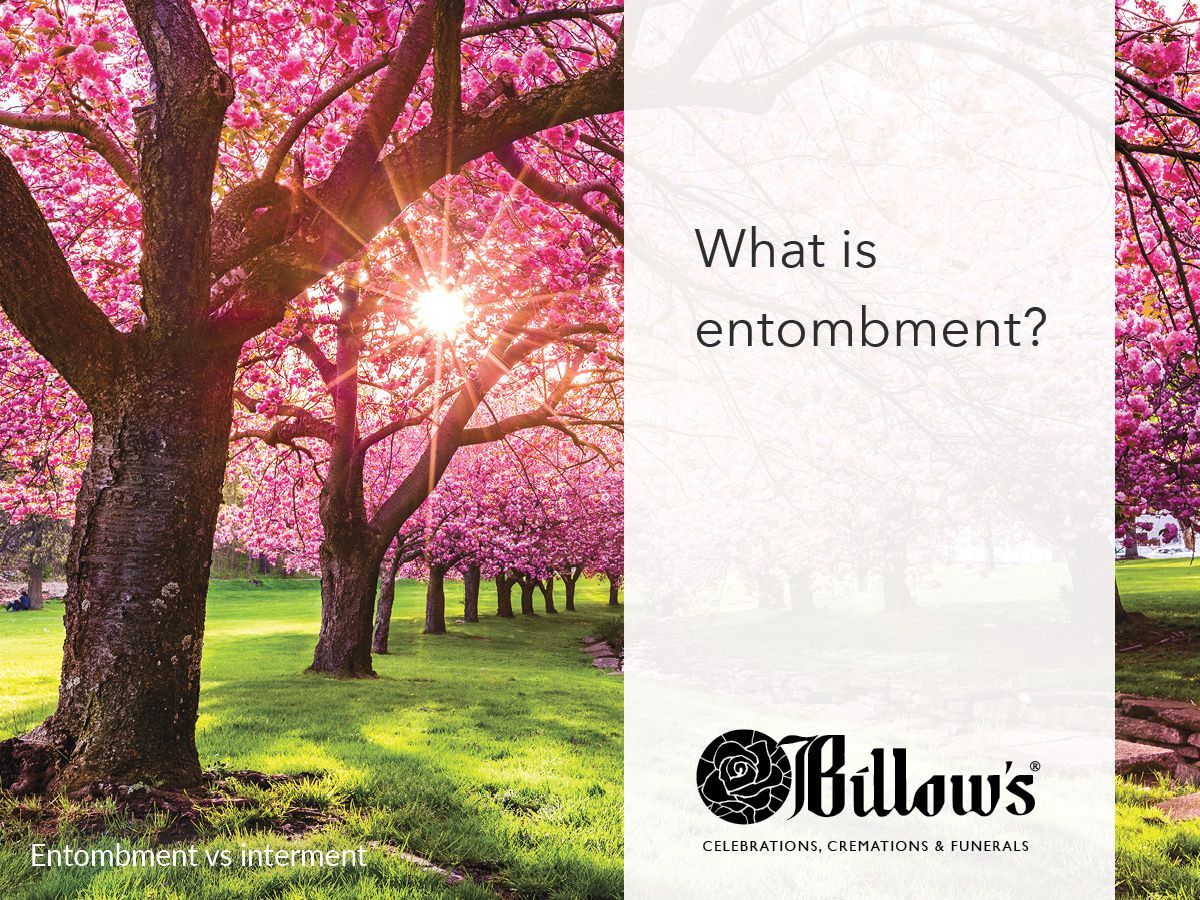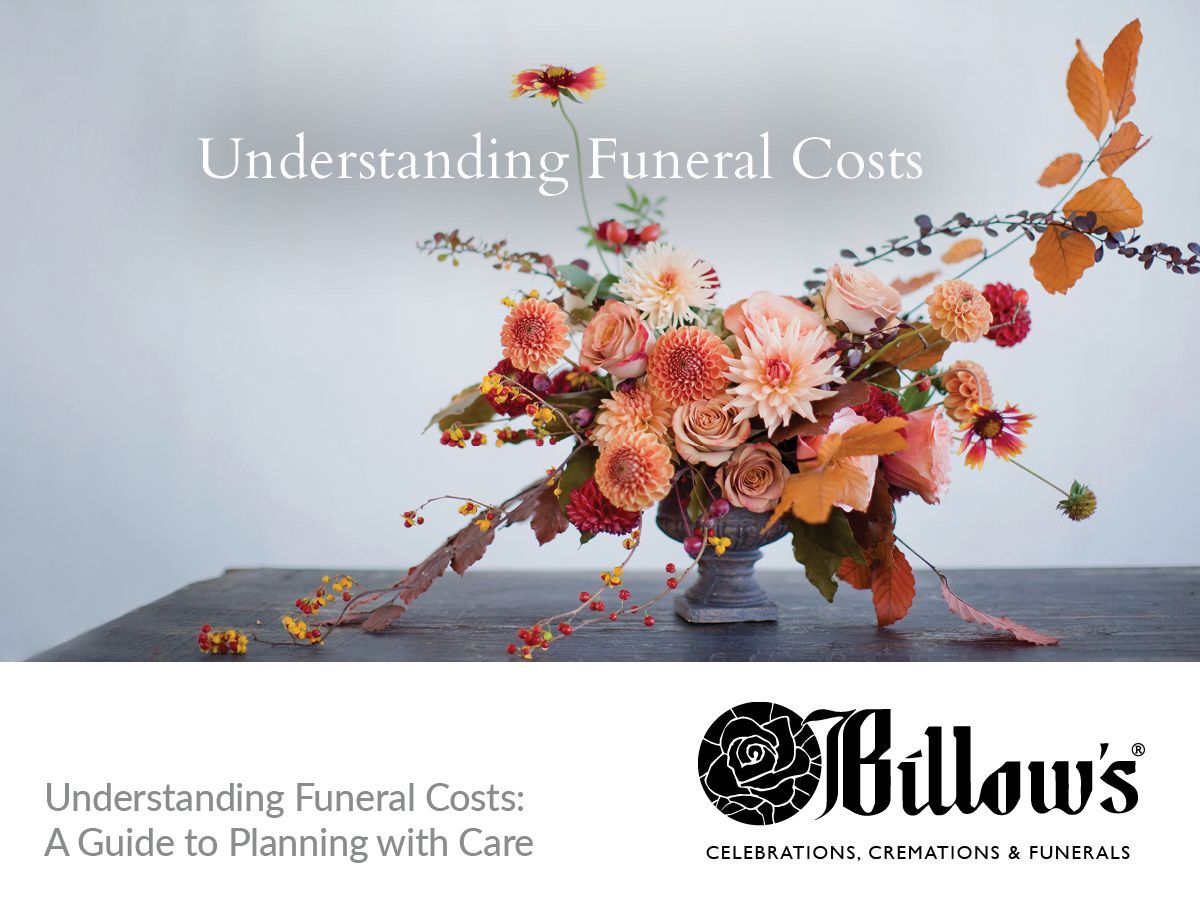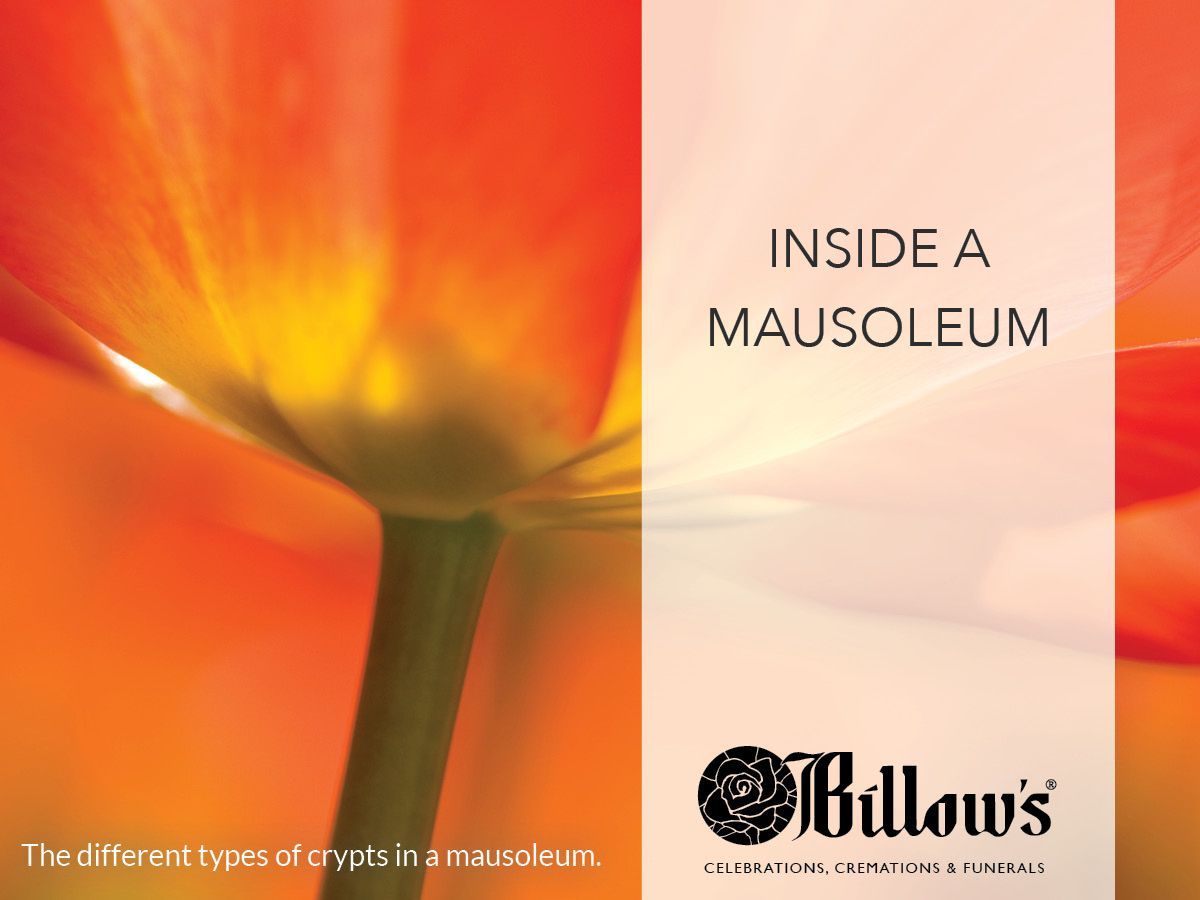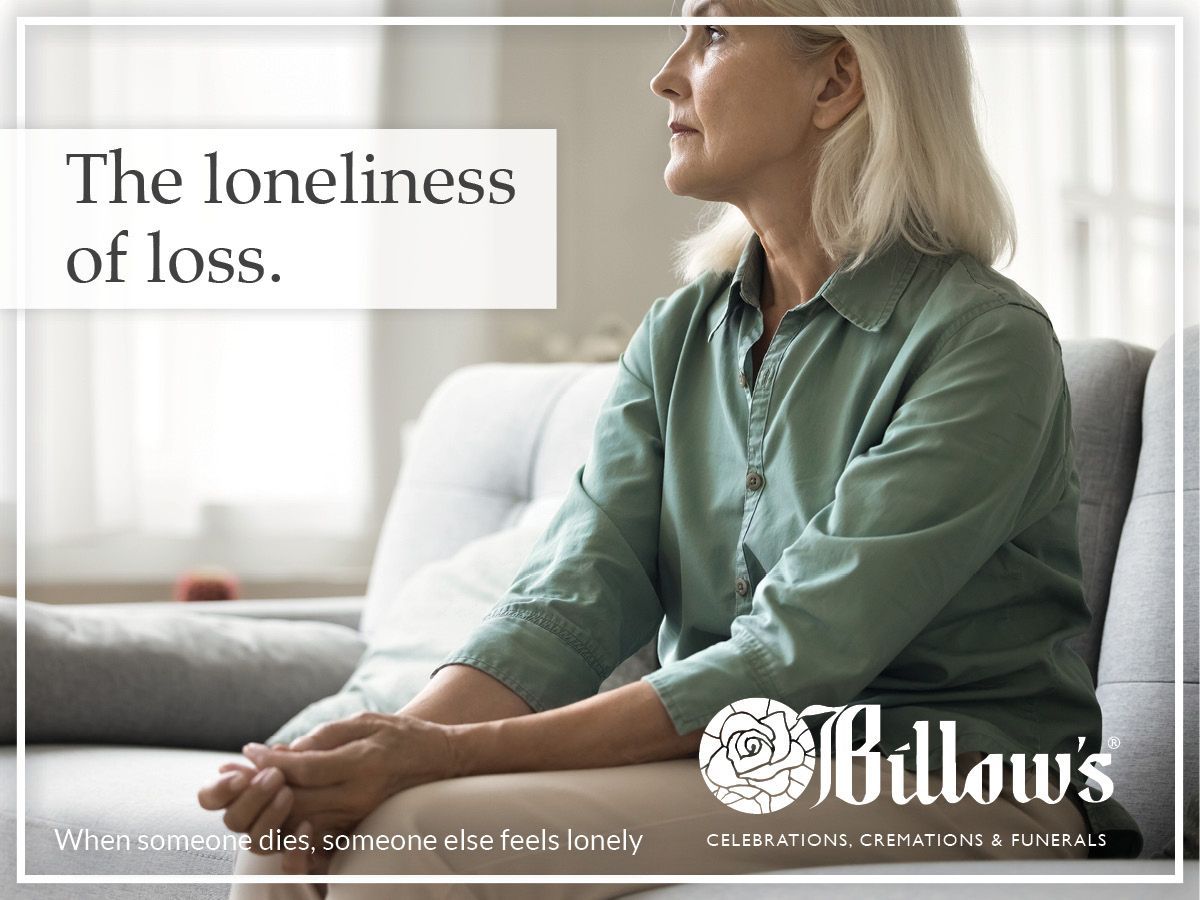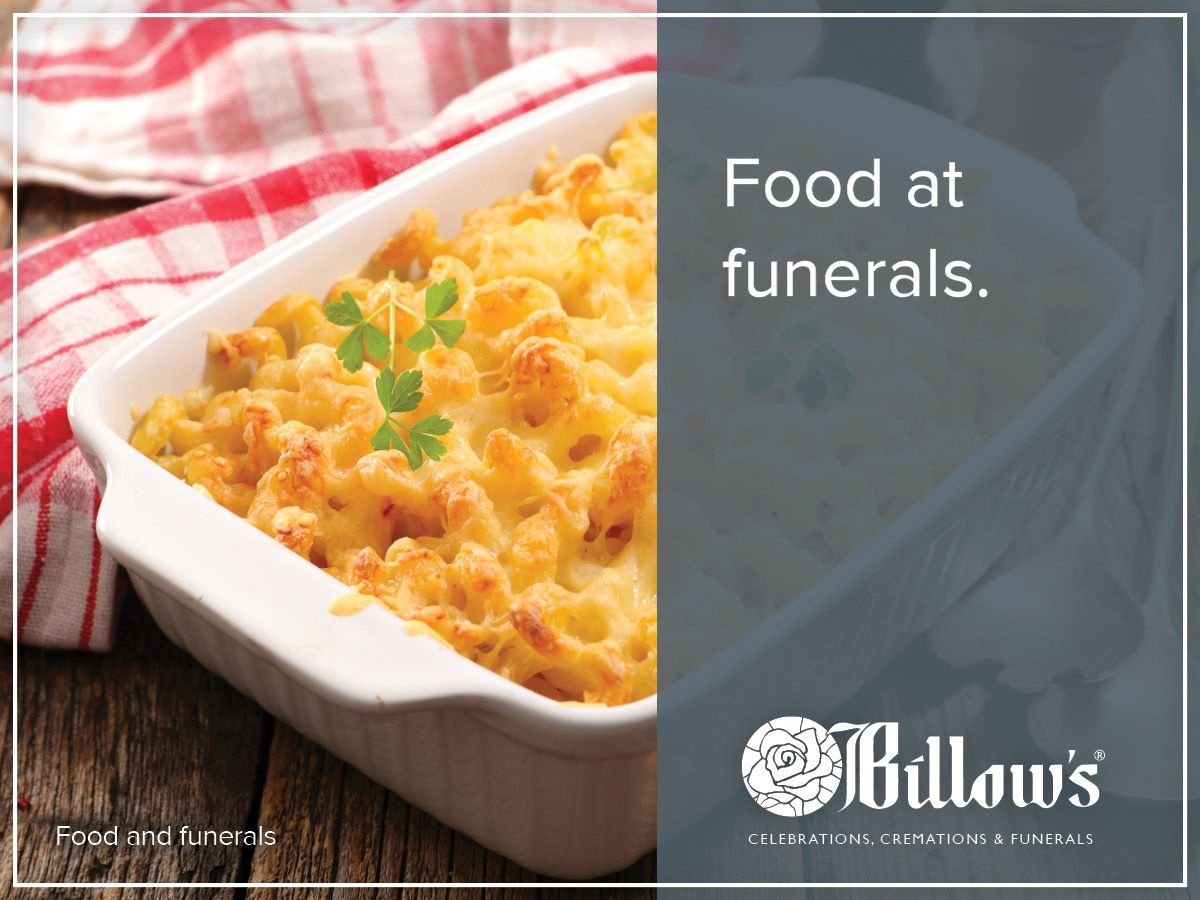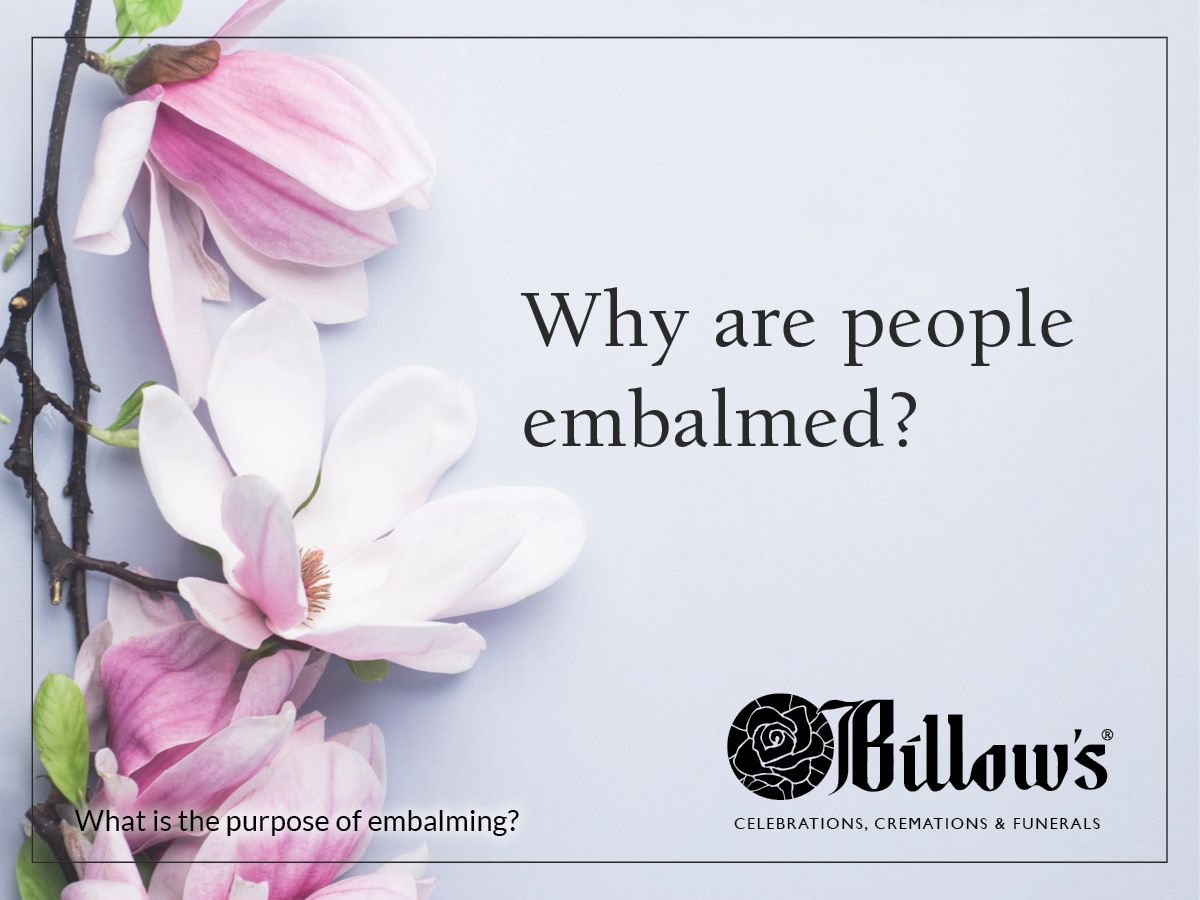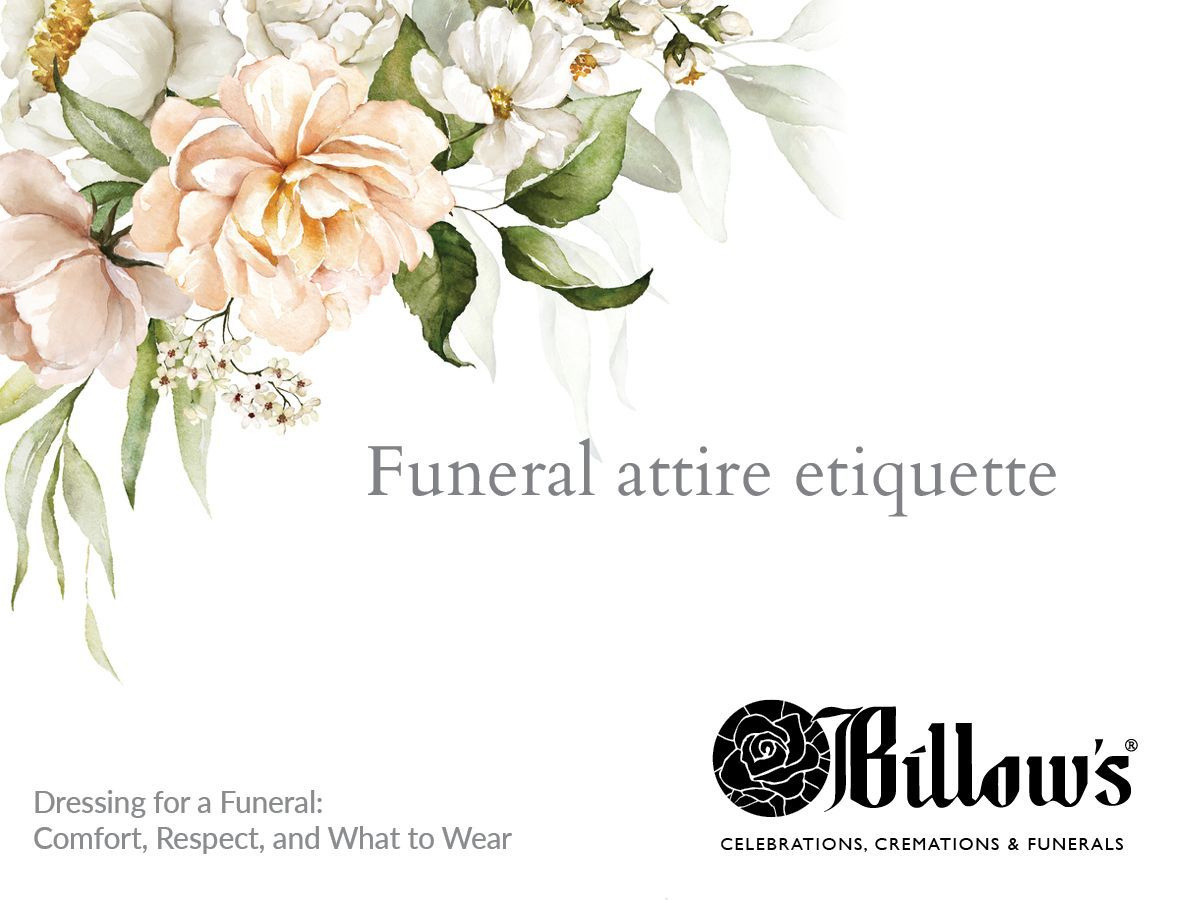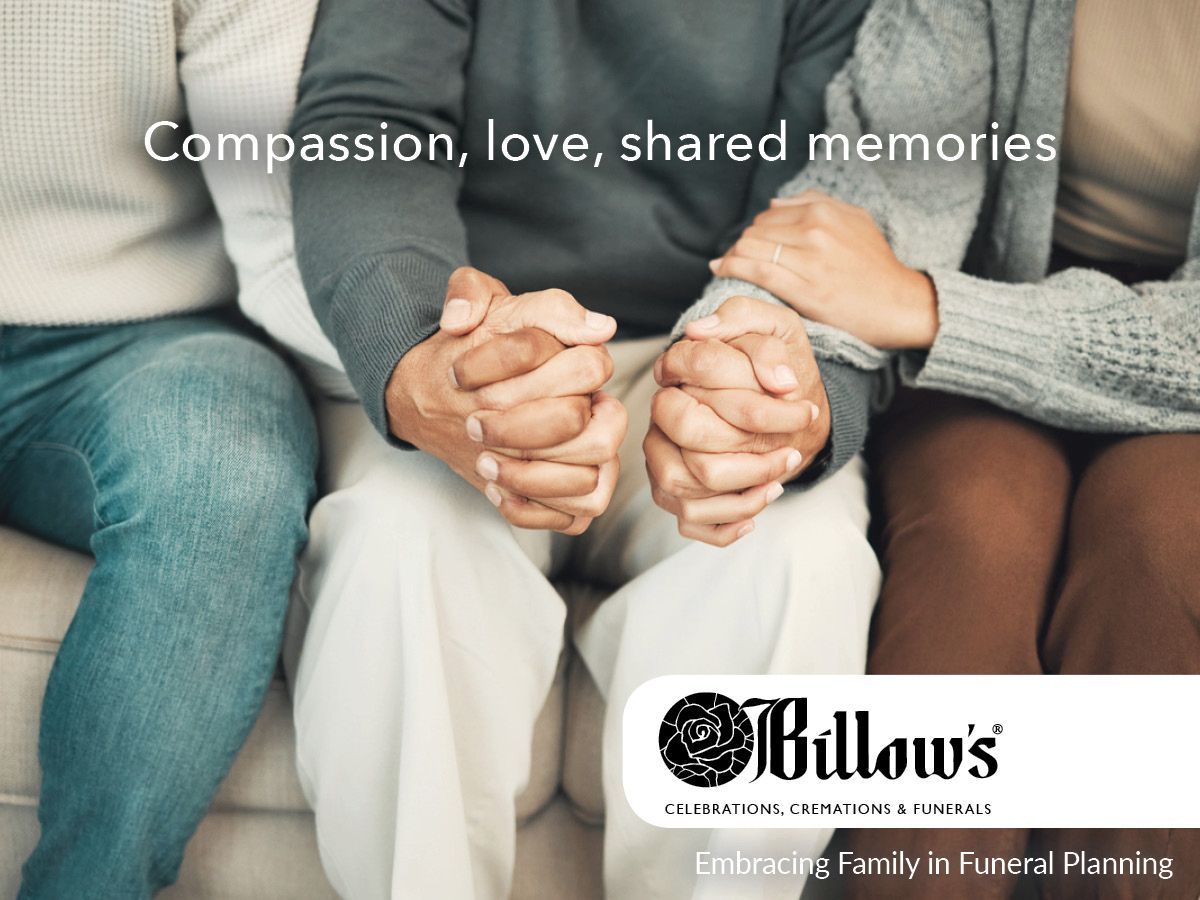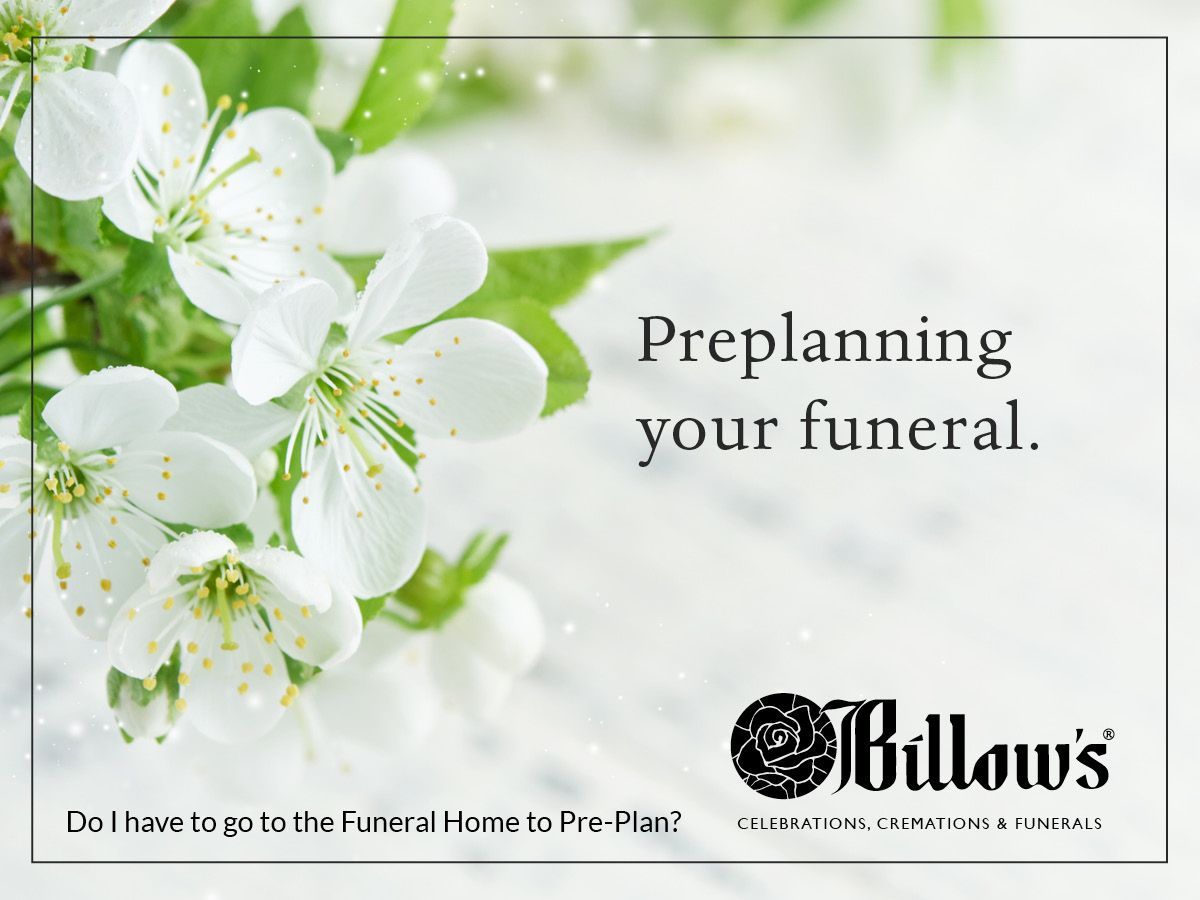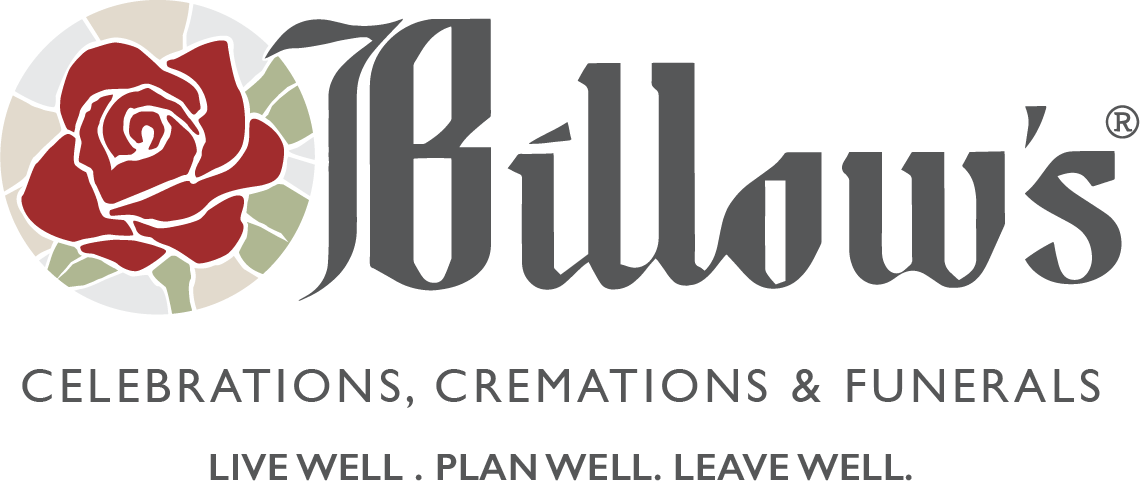Guide to Writing a Eulogy
When most people have a funeral, someone will give an important, emotional speech called a eulogy. A eulogy provides the funeral-goers with a meaningful portrait of the person who has passed and gives them a chance to collectively say goodbye. The eulogist gives a speech that’s as unique as the person being honored. They often feel a lot of pressure to get the eulogy right, though there is no one right way of writing it. But this guide can help you get started if you’re struggling to find the words for your loved one’s eulogy.
6 Tips for Writing a Eulogy
1. Introduce yourself and your connection to your loved one.
During the funeral, you may be introduced by the funeral celebrant, but if not, it’s a good idea to start your eulogy by sharing who you are and how you knew the person who passed. You likely don’t know everyone at the funeral, which means that they likely don’t know you either. Even if you feel a little silly introducing yourself in front of family and friends, it’s always a good idea to tell your audience who you are.
2. Start by thinking of your favorite stories of your loved one.
When writing an obituary, it’s essential to have a lot of biographical information, such as their work, school, and military history. And while you can talk about these subjects in a eulogy as well, you generally want to use a eulogy more as a way to tell stories. Anecdotes are useful for painting a picture of your loved one’s personality beyond their personal history. Think about stories that fit who your loved one was. Were they a jokester? Include stories about their renowned pranks. Were they loving caretakers? Incorporate anecdotes about them being there for their loved ones.
The stories you choose should remind the audience of their own experiences with the decedent, even if the anecdotes are focused on your own personal adventures with them. You can choose to incorporate a few short stories or just focus on one very meaningful tale. Your goal here is to show instead of tell, meaning that instead of saying, “My father was always there to put a smile on my face,” you relay a story about when he did exactly that. Telling stories has the power to make everyone feel like they were right there with you. By recounting that story, they’ll see just how much your father brought joy to the lives of the people he loved.
3. Fit your loved one’s personality.
Many people mistakenly believe that eulogies are meant to be somber. But many of the best eulogies rely on humor. The point is to make sure that the eulogy fits the person you’re writing it for. If your loved one had a witty personality, always quick with the jokes, it just makes sense that their eulogy has some of that personality sprinkled in. You can even roast the decedent a bit if you feel it fits who they were in life. As long as those jokes work for the way you would have spoken to or about your loved one before they passed, no one will take it as an insult. In fact, they may take it more as your way of honoring your loved one’s memory.
Just be sure that the jokes you include are fitting of your loved one’s sense of humor. If your loved one wasn’t much of a joke teller and was known for something else, like being the most sympathetic ear, you probably want to keep the humor to a minimum and maintain the focus on their most important personality traits.
4. Conclude with something meaningful.
By the time you end your eulogy, you may have trouble speaking. Being overcome by emotion during something as emotional as a eulogy is natural. But the conclusion is one of the most significant parts. So, take your time when you’re speaking and take deep breaths. You want to end your eulogy with something meaningful about your loved one. Many people choose to complete their eulogy by speaking directly to their loved one. In this way, you get to lead your audience through a poignant goodbye.
After spending much time in the speech talking about who your loved one was, conclude by saying how who they were affected you. Maybe you want to tell your father that you learned to be a good dad through watching him. Or perhaps you want to tell your grandmother that you learned the meaning of enjoying every day because of the way that she embraced every moment. It can be hard to put into words just how much your loved one changed who you are, so pick one way that means a great deal to you.
5. Practice your eulogy.
When we give speeches, especially emotional ones, we have a habit of rushing. When we’re overcome by what we’re feeling, words can become garbled while we speed through them. Be sure to practice your speech in front of someone so that you can make sure you’re speaking slow enough and clear enough. Even if you feel that you’ve memorized your speech, remember to bring note cards when you have to speak at the funeral. Your emotions may make it harder to remember what you want to say.
6. Decide how long you want it to be.
Once you’ve practiced your speech and spoken clearly and slowly, time yourself. How long is it? In general, eulogies are anywhere from 2 to 10 minutes, which provides you with quite a range. Many people believe that 10 minutes is a bit too long, while others believe that anything shorter than 5 minutes isn’t long enough. Ideally, then, you should try to aim for somewhere close to 5 minutes. But ultimately, it’s up to you. If you find that it’s too challenging to be speaking for too long, it’s okay to make the eulogy as short as you need it to be.
Eulogies are given by people who were especially close to the decedent, and they provide a very personal way of honoring their loved one’s memory. The stories you tell remind the audience of the unique person that the decedent was, and they show the many different sides of who they were. Remember that eulogies are always emotional, both for the audience and for the speaker. So be patient with yourself and know that it’s okay to stop if you need a moment during your speech.
